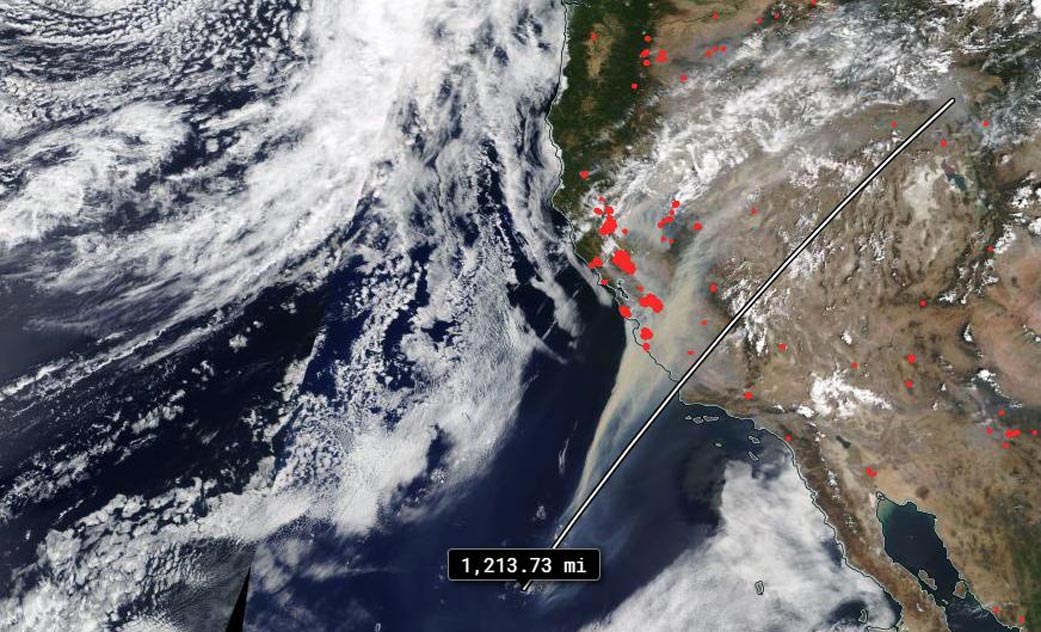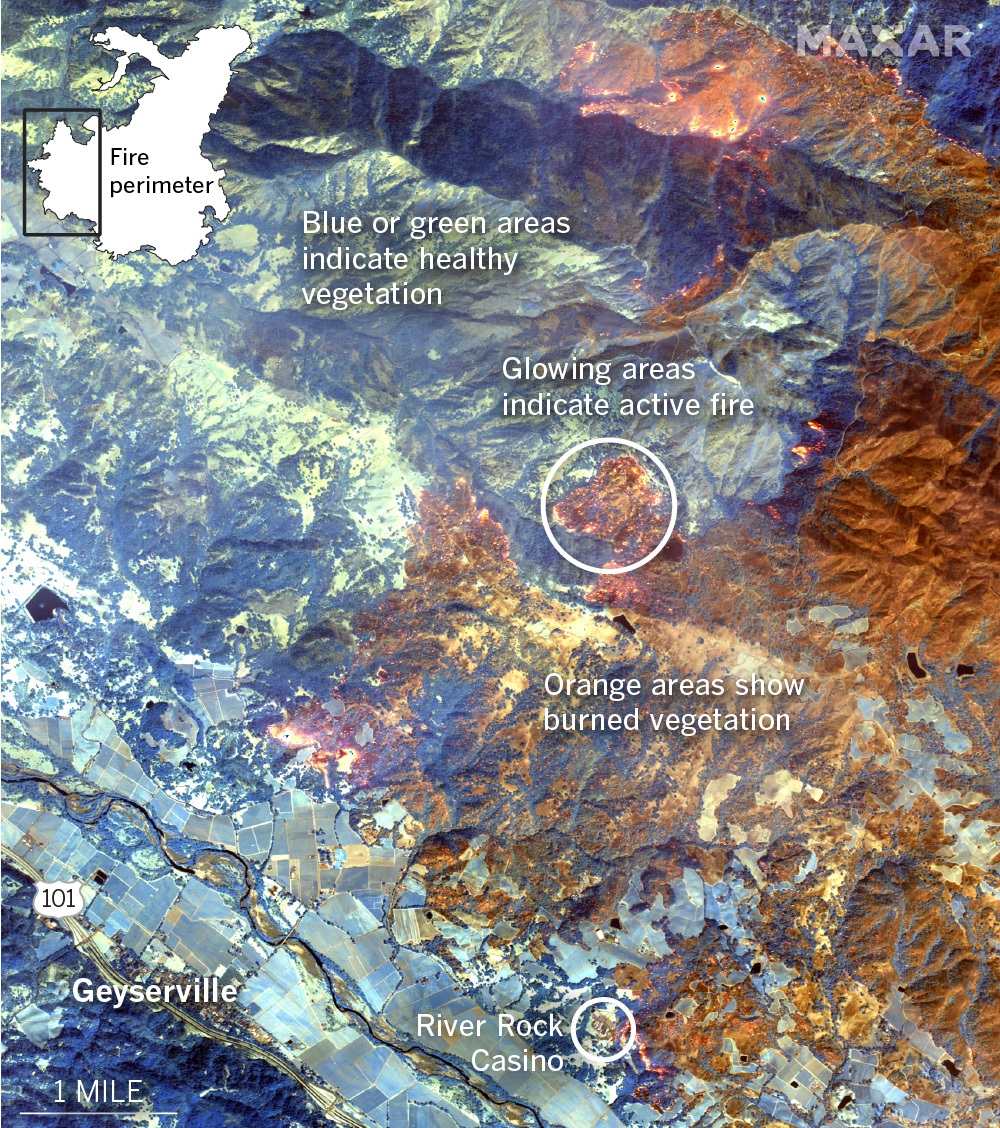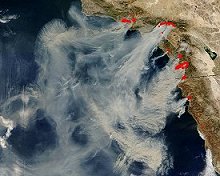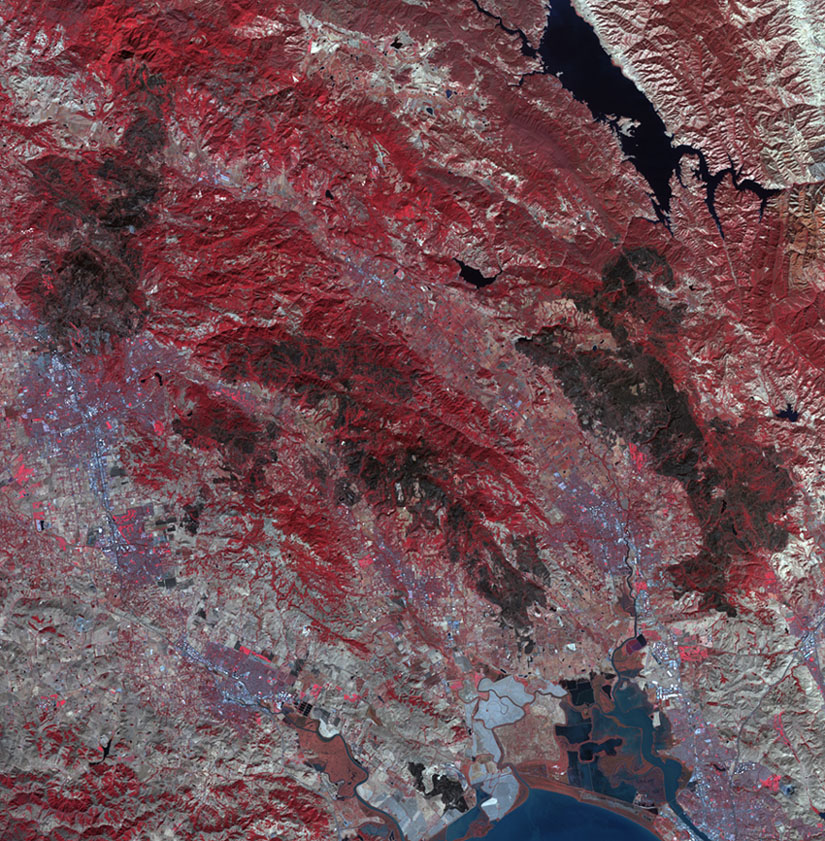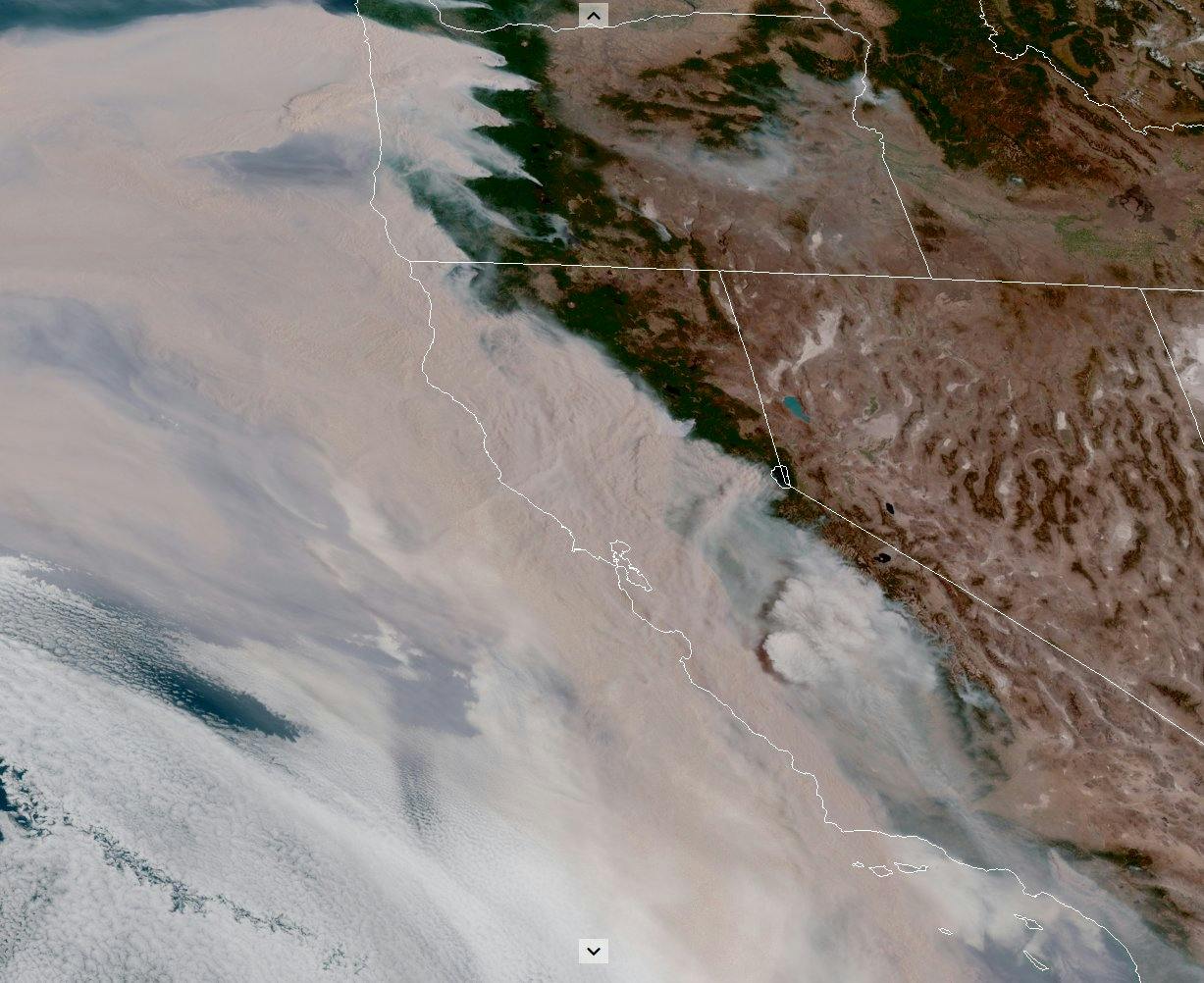Real Time Satellite Today California Fires

Fire perimeter and hot spot data.
Real time satellite today california fires. Explore recent images of storms wildfires property and more. Several new fire in california today. Wildfire explore maps of current fire locations and perimeters in the conterminous 48 states and alaska as well as view and download land fire data sets receive alerts and notifications. These data are used to make highly accurate perimeter maps for firefighters and other emergency personnel but are generally updated only once every 12 hours.
If you would like to view close to real time satellite imagery of the fires you can use nasa s earth observing system data and information system. Fire origins mark the fire fighter s best guess of where the fire started. To view the official analyses by noaa meteorologists please see the hazard mapping system fire and smoke product. The fire and smoke map shows fine particulate 2 5 micron pm 2 5 pollution data obtained from air quality monitors and sensors information is shown on both the epa s air quality index scale using the nowcast aqi algorithm and also as hourly pm 2 5 concentration values.
New cases are on the decline in only. These images are considered raw data with no analysis of fires and or smoke. Probable fires will appear as sharp white spots in the reflectivity images. There are two major types of current fire information.
Hit reload to view the latest data images are updated every 30 minutes. The fire is moving north and west burning in 100 year old fuels consisting of big cone douglas fir oak and gray. The data is provided by calfire. The lake fire started in the angeles national forest near lake hughes.
Track the zogg fire other fires burning across state in real time joe jacquez redding record searchlight 5 days ago us coronavirus. Ground receiving stations around the world downlink image data from the satellite when it passes over the station. For low cost sensor data a correction equation is also applied to mitigate bias in the sensor data. The satellite takes images of the earth below and streams it down to the station in real time.
Click on image to enlarge. The station s antenna points toward the satellite and tracks it for as long as it can until it moves out of range.


